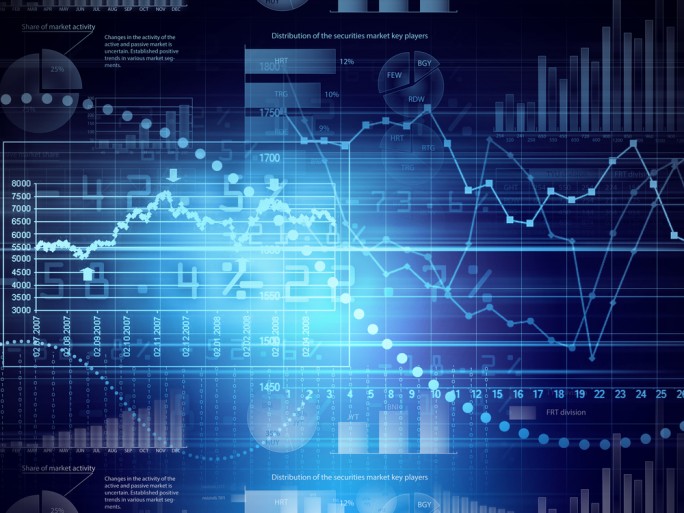And the requirement of technology isn’t only with regards to generating data, analytics and data science; it is needed to secure data too – particularly with stricter data protection regulations on the horizon.
It is real intellectual property and it has to be secured just as an organisation would secure any other IP.
And this brings to light an important point – data has far more value to a company than any underlying technology.
More valuable than technology
“An organisation doesn’t really care about the hardware – that can be replaced easily with the equivalent same kit form a different vendor. At a basic level, the same can be said for applications: perhaps one CRM system will create data to a different scheme than another, but an organisation can carry out extraction, transformation and load (ETL) actions to move the data from one system to another if required,” says Longbottom.
“What the organisation cannot do is lift its data from itself to a completely different company and reinvent itself; data is unique to a company and organisations have to look at data for what it is – the life blood of the organisation.”
The technology can still play a critical part of extracting the most out of that data, and so the two should work in tandem.
Data could be considered a different sector to IT in the years to come as it becomes more and more important to business strategy – but it is important that in doing so, organisations don’t forget that the value of the former element relies on the latter.
Quiz: What do you know about Big Data?





